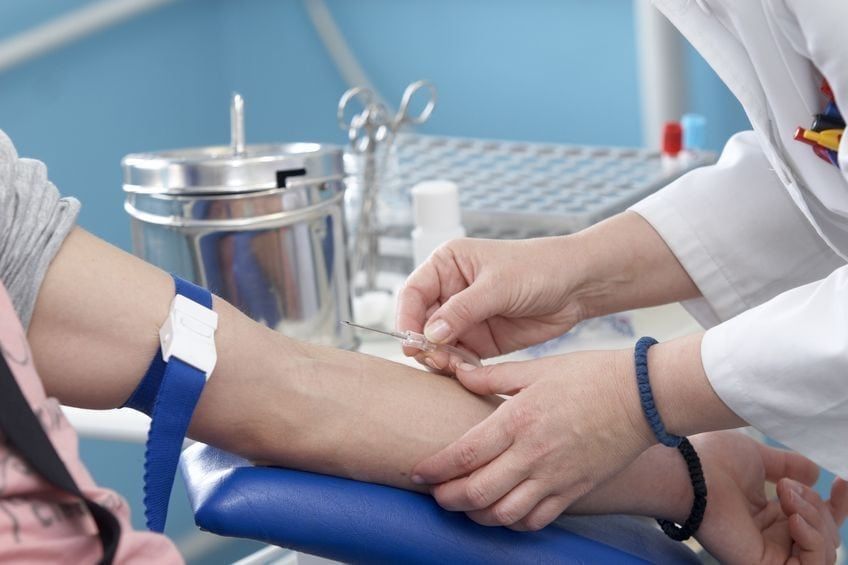How Do You Challenge DUI Blood Test Results in Maryland?

Being stopped for a DUI in Maryland is a frightening experience, especially if you were stopped without cause. Police may have ordered a blood test, or if you were in an accident, a blood test may have been obtained from you while you were in the hospital. You may think that the blood test results are final and prove or disprove your guilt, but there are many ways to fight blood test results in court. Here’s what you should know.
Was the Person Who Performed the Blood Draw Qualified to Do So?
First and foremost, the person who drew your blood must be trained and qualified to do so. Your attorney should be able to access your medical records and verify the credentials of who performed the draw. If they were not qualified, you may be able to have the blood sample omitted from the court.
Was the Equipment Used to Test the Blood Sample Properly Maintained and Calibrated?
Like breathalyzer equipment, blood testing machines must be kept maintained and calibrated. Your DUI lawyer should ask to see the maintenance records of the machine used to test your blood. If the machine has not been maintained according to the manufacturer’s directions, there’s a good chance that the state will not be able to use your blood test as evidence against you, because it could be argued that the results are inaccurate.
Was the Chain of Custody Kept Intact?
One of the most common arguments against DUI blood test results is whether or not the chain of custody remained intact. From the time your blood sample is taken to the time that it is tested, it must be accounted for. Anytime it changes hands, it must be recorded. If the hospital or lab testing facility failed to keep an accurate chain of custody records, there’s no way to prove that the blood sample even belonged to you. Your attorney should examine the chain of custody for any potential areas of weakness.
Contact the Avid Law Firm, LLC Today for a Consultation to Fight Your DUI Charge
If you were arrested for a DUI, it can be tempting to just go along with paying the fines and trying to brush the incident under the rug. However, fighting for your rights is important, and with an experienced lawyer, you can keep your record clean. Contact the Avid Law Firm, LLC today by calling (240) 561-7433 for a consultation.

